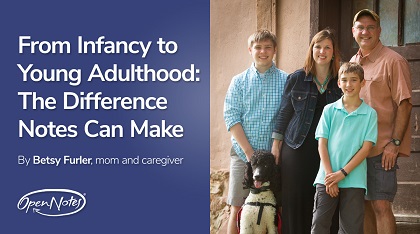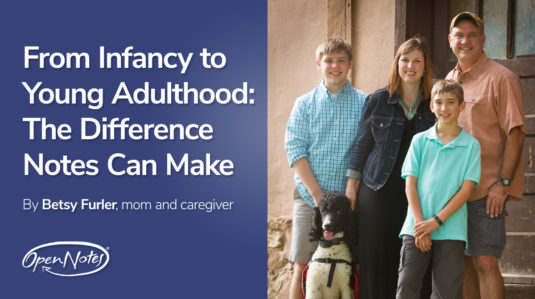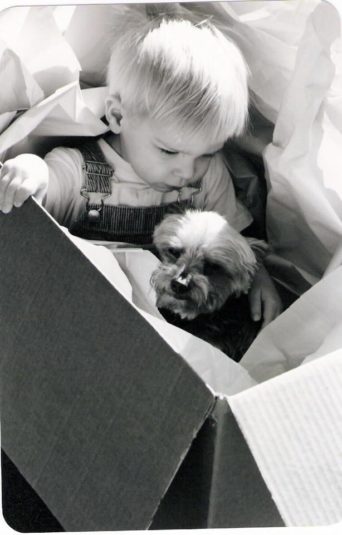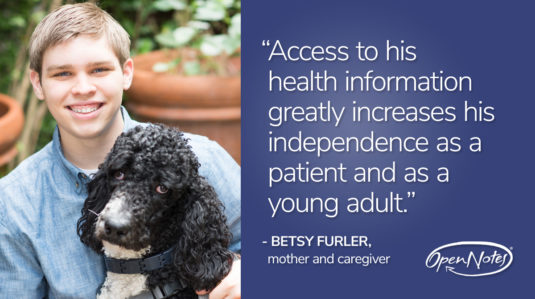
 HOUSTON, TX – As the mom of a medically complex child, I was aware early in his life that I would need to help him learn how to manage his health as he was growing up.
HOUSTON, TX – As the mom of a medically complex child, I was aware early in his life that I would need to help him learn how to manage his health as he was growing up.
Henry was first hospitalized at three weeks of age, and I quickly realized my involvement in his medical care was extremely important. He wasn’t gaining weight and was having feeding difficulties, but his attending doctor felt he was fine and that I needed to try harder to feed him.
A few months and a number of hospitalizations later, I requested a copy of Henry’s medical records and learned through a clinical note that the doctor had diagnosed him as having “failure to thrive,” which is a sort of generic term meaning that Henry was not meeting the benchmarks for gaining weight. The note went on to say that it may be due to “environmental factors,” which could mean that doctors worried our family wasn’t feeding him appropriately, and that could be a sign of neglect.
It hurt to read that diagnosis in Henry’s record, but it was important for me to see. I knew we were doing everything we could to get Henry to eat, so I knew we needed to look for a different cause.
 It took months for a final diagnosis, but we eventually learned Henry’s failure to thrive was due to a very rare neurometabolic disorder which makes it hard for infants to feed and also causes seizures—both of which were happening to our son. Throughout the process we were more effective health advocates for our child because we were able to see the same information the doctors were able to see.
It took months for a final diagnosis, but we eventually learned Henry’s failure to thrive was due to a very rare neurometabolic disorder which makes it hard for infants to feed and also causes seizures—both of which were happening to our son. Throughout the process we were more effective health advocates for our child because we were able to see the same information the doctors were able to see.
Henry has been hospitalized over 100 times in his life so far. My husband and I learned how important our input is to his quality of life, and we have worked hard to keep it as high as possible. To do this, we have been active participants in all of Henry’s medical care. We request and read his medical records, notes included, and make sure all his specialists are communicating with us and each other.
At a young age, we also started sharing Henry’s medical information with him. He has known what medications he takes and why since he was about four years old. He started looking at his medical records when he was around 10 years old. By empowering him with his own medical information from an early age, Henry learned he is in the driver’s seat of his life.
Henry is now almost 20. He is a sophomore in college and is still frequently hospitalized. We still collect his records, but today we subscribe to a service that does it for us and stores the information in the cloud so Henry can access them from his phone or computer. Having his records available at all times has greatly added to Henry’s ability to be independent and manage most of his care, which reduces stress for our family.
While seeing the medical record early in Henry’s life was hard for us, it was a blessing in disguise. It taught us that having the full medical record—including clinical notes—helps our family stay involved, be informed, and be better advocates as we help Henry learn to take care of himself.
Betsy Furler is mom to Henry and Sam, and wife to Eric. They live in Houston, TX. She is a product designer specializing in highly usable products that change lives.





You must be logged in to post a comment.